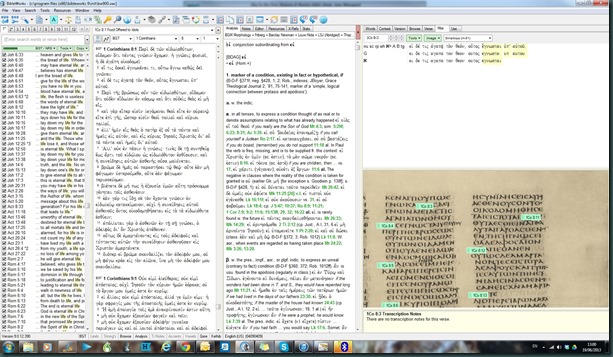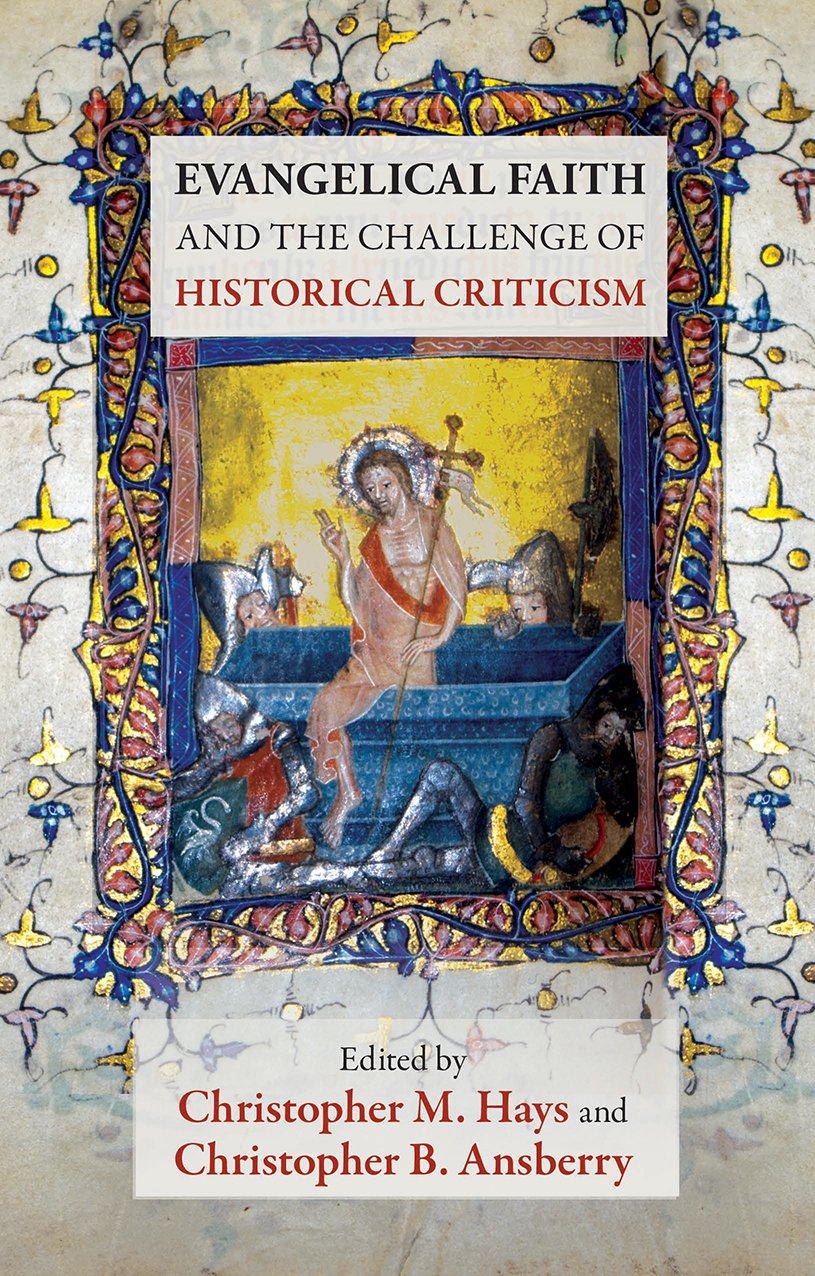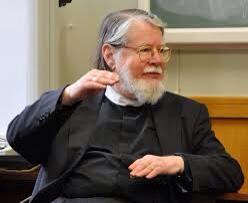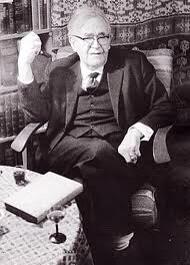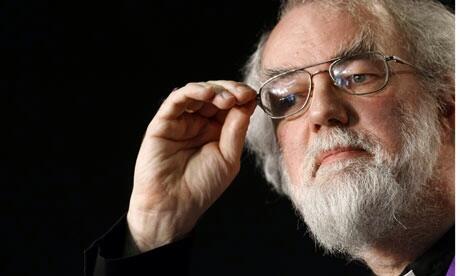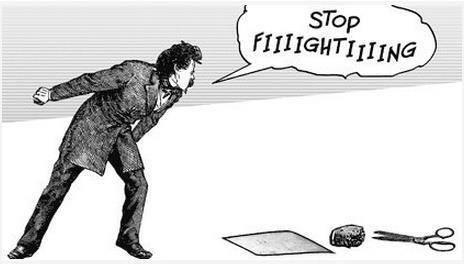Great review of Johnson’s Karl Barth and the Analogia Entis
 Over at the Center for Barth Studies, please do check out Han-luen Kantzer Komline’s extremely helpful review of Keith Johnson’s, Karl Barth and the Analogia Entis (New York: T&T Clark, 2010).
Over at the Center for Barth Studies, please do check out Han-luen Kantzer Komline’s extremely helpful review of Keith Johnson’s, Karl Barth and the Analogia Entis (New York: T&T Clark, 2010).
“Balthasar contended that Barth’s attention to the substance of theology eventually transformed his method so as to lead him away from dialectic, toward analogy, and therefore toward Catholicism. Johnson proposes that just the opposite was the case. Barth’s ultimate decision to embrace a form of analogy was anything but a correction of his earlier assessments of Przywara’s position, still less a capitulation to Catholic perspectives. With Barth’s mature doctrine of analogy, his earlier quintessentially “Protestant” critiques had attained full bloom”
I’m not overly enamoured with calls for a return to the analogy of being, at least when disassociated from the doctrine of God’s unconditioned and triune act of redemption of enslaved sinners, in Christ and by the Spirit. Put analogy in the context of revelation - revelation understood in terms of God’s justification of the sinner – and you get, it seems Johnson argues, the mature Barth deploying language such as the analogia relationis. Fascinating!
I’m not qualified to comment on what seems from this review to be an argument from silence, namely that Barth backed away from direct critique of the analogy of being because “Barth wished to do nothing to interfere with the flourishing of a Christocentrism like Söhngen’s in Catholic theology”, but to my mind this seems a very helpful monograph set up by a tremendous review.
